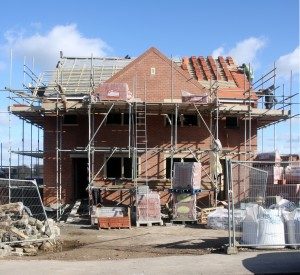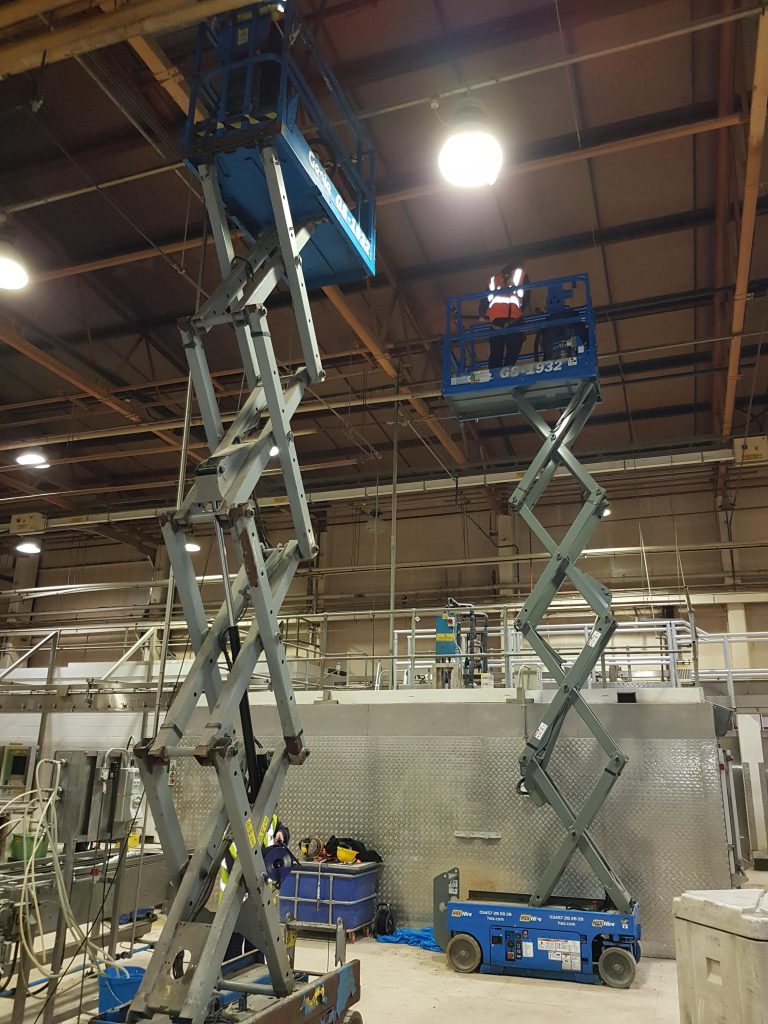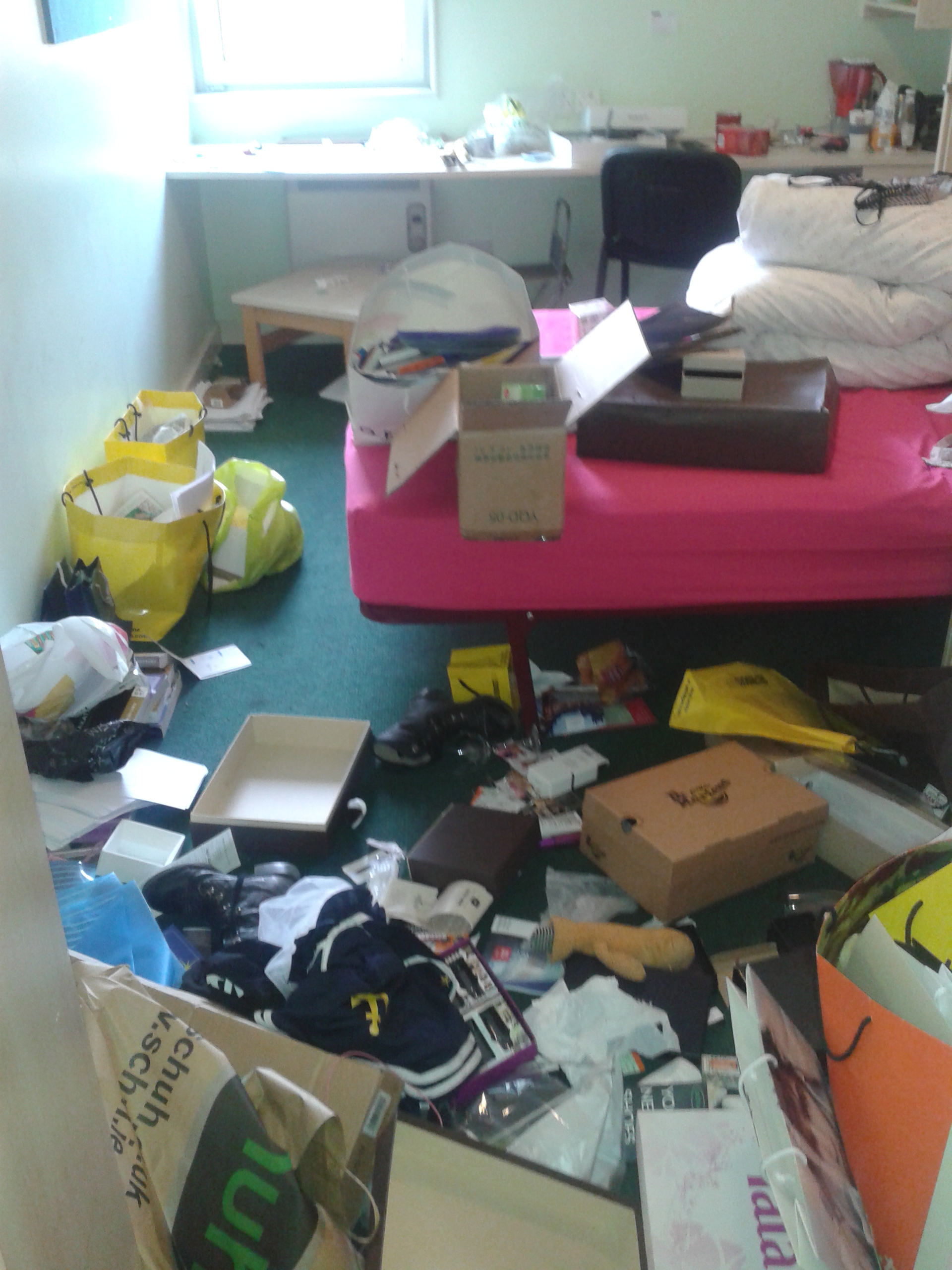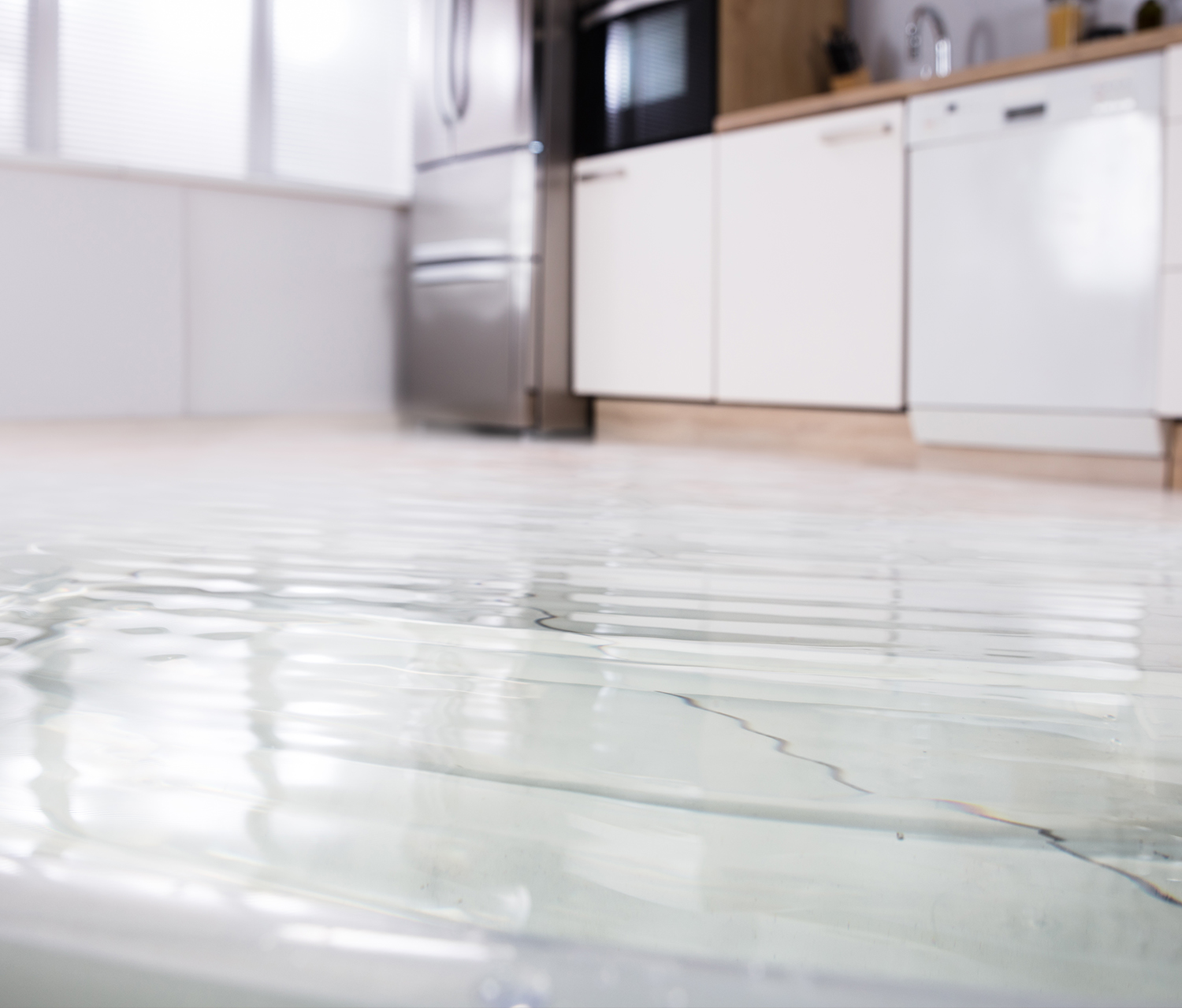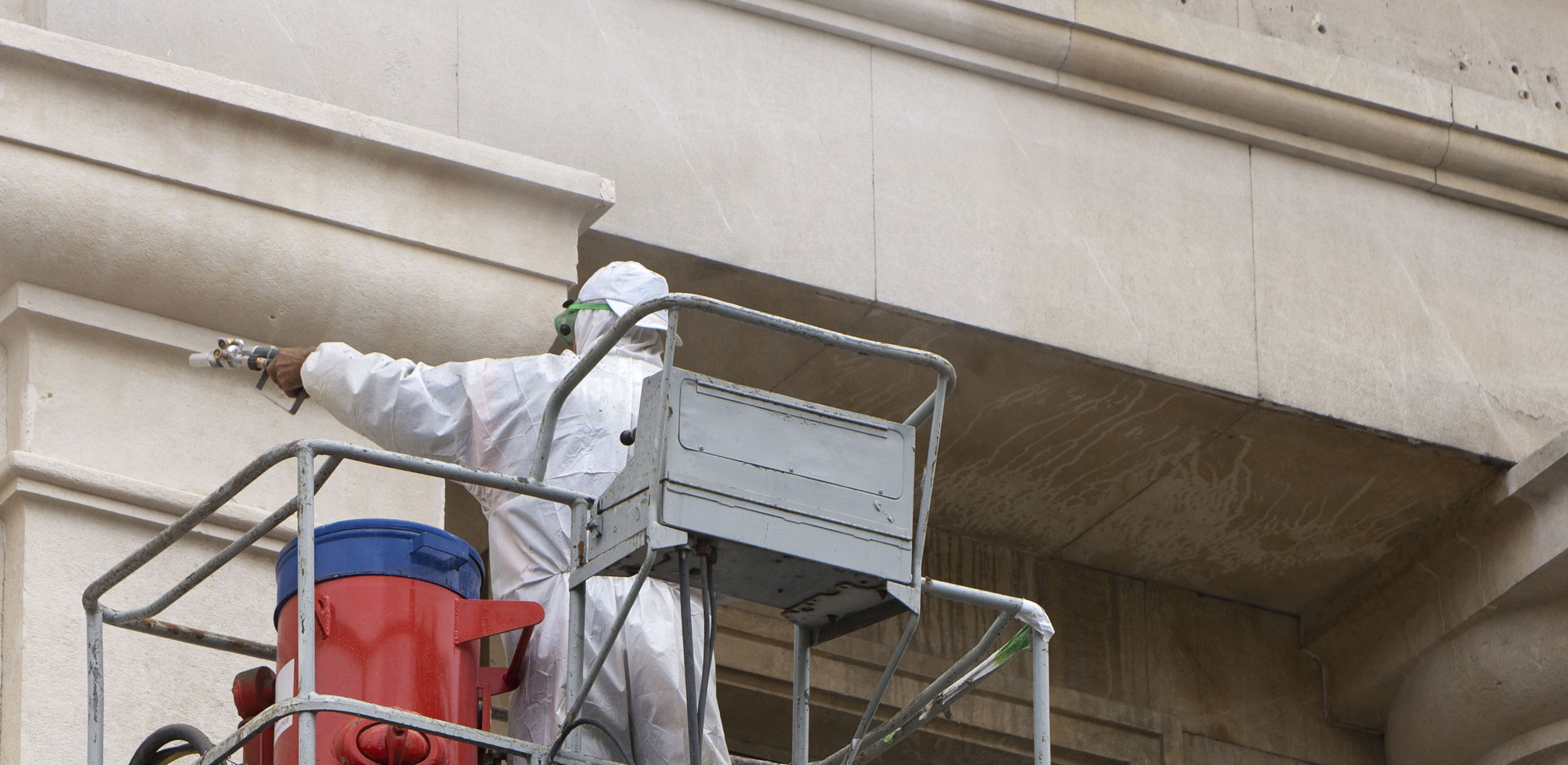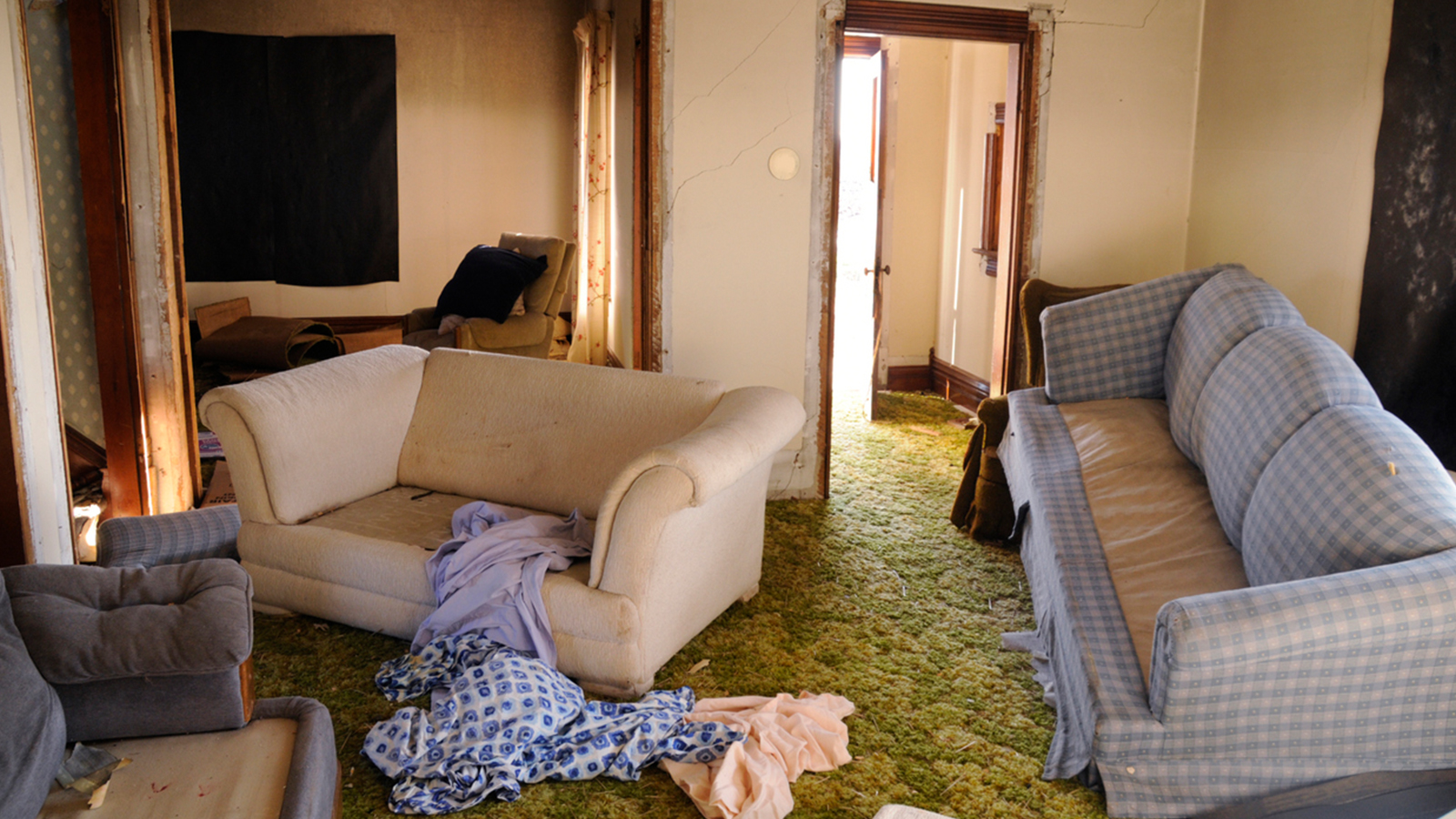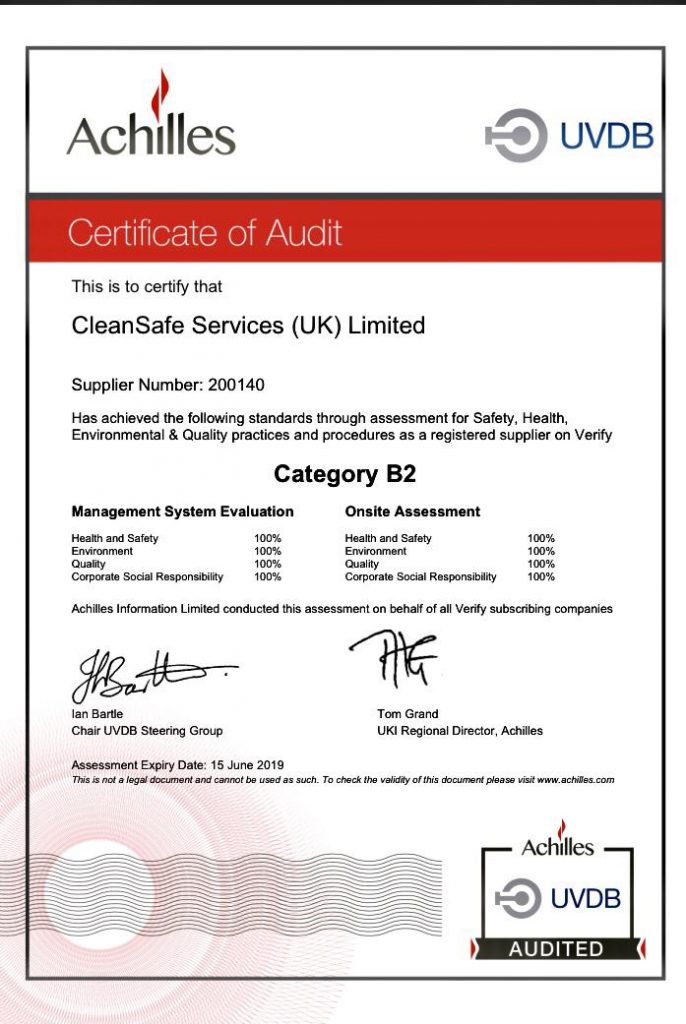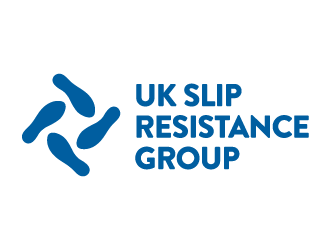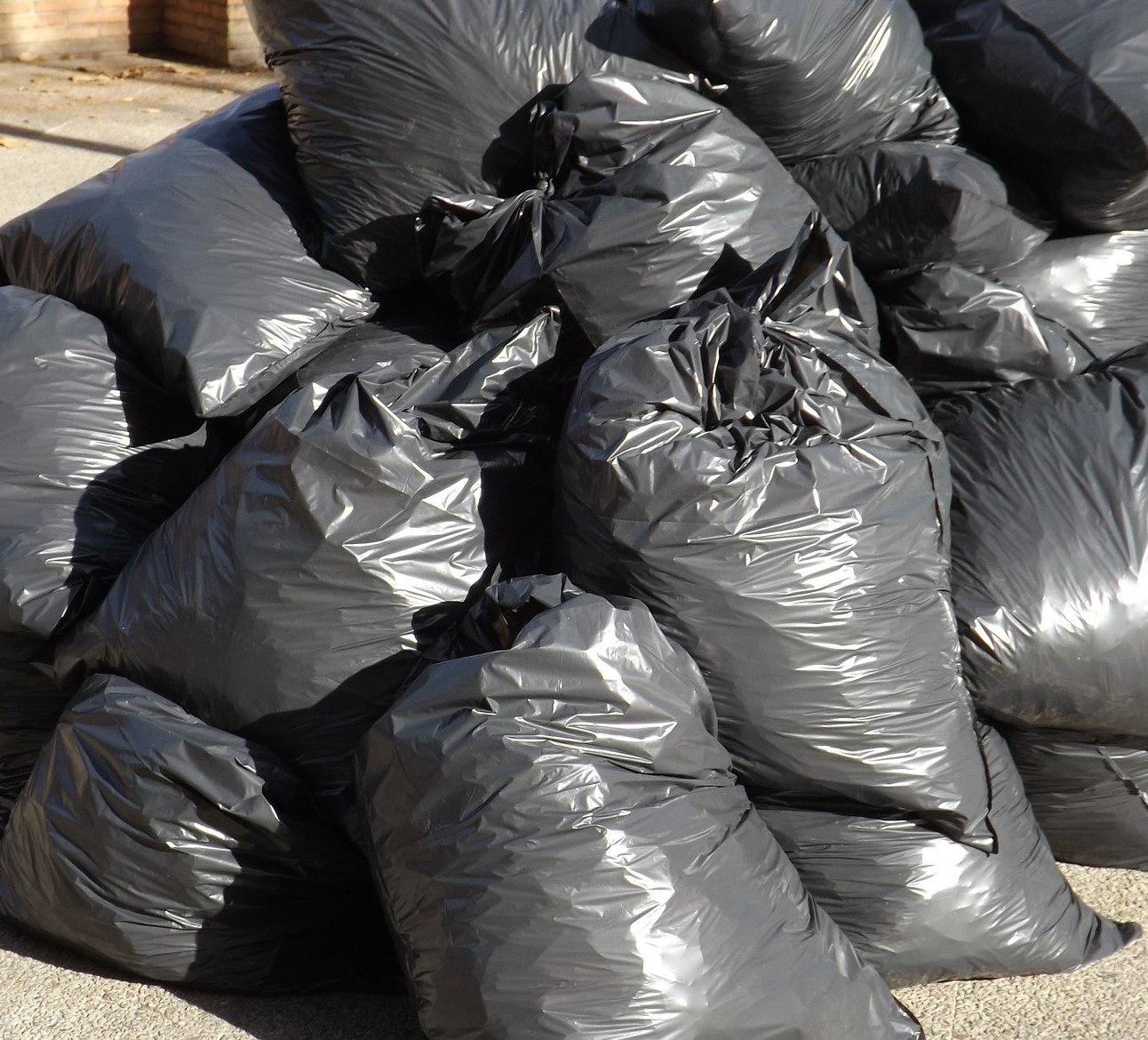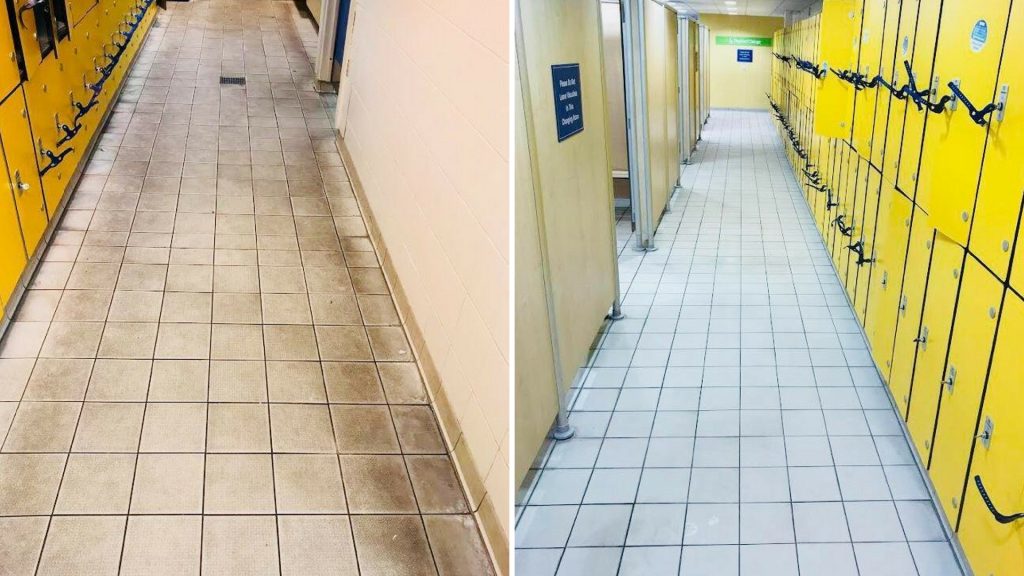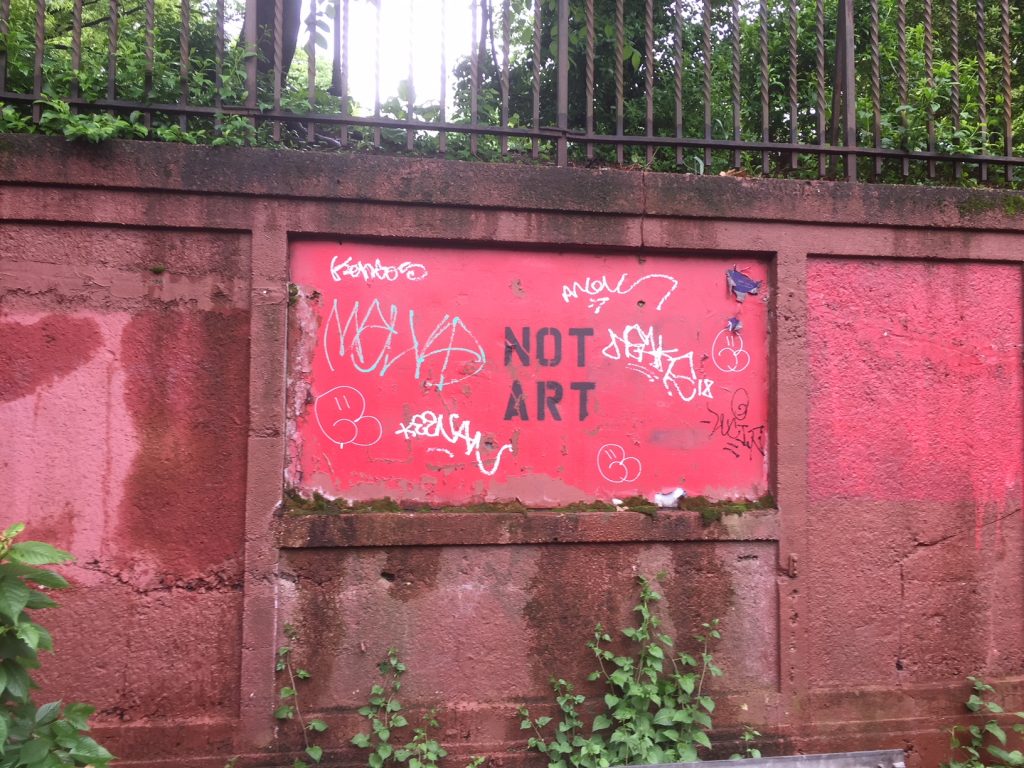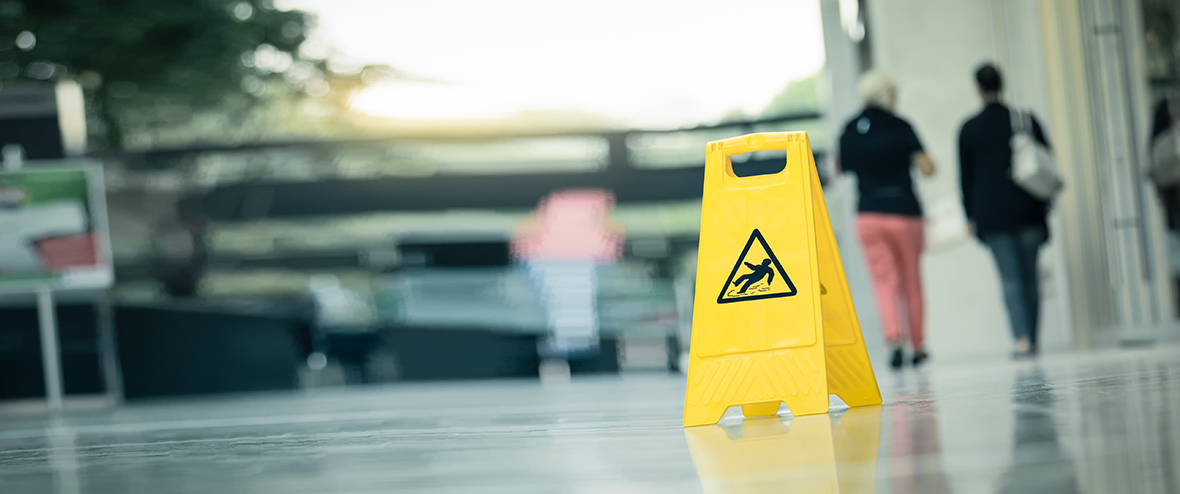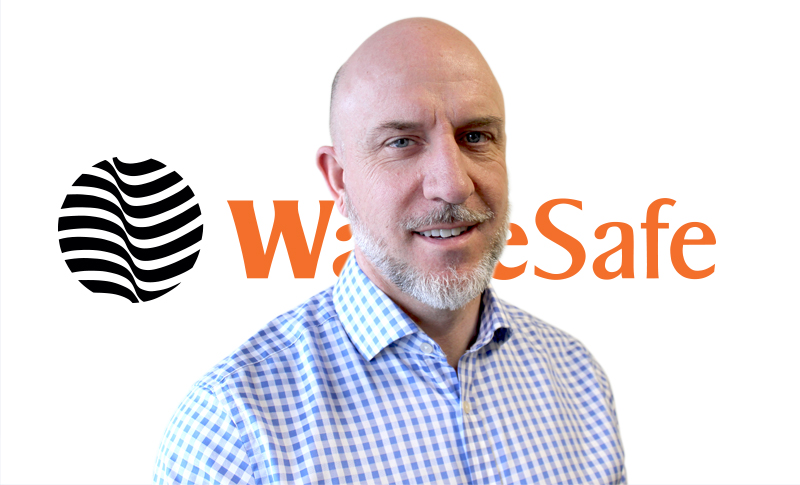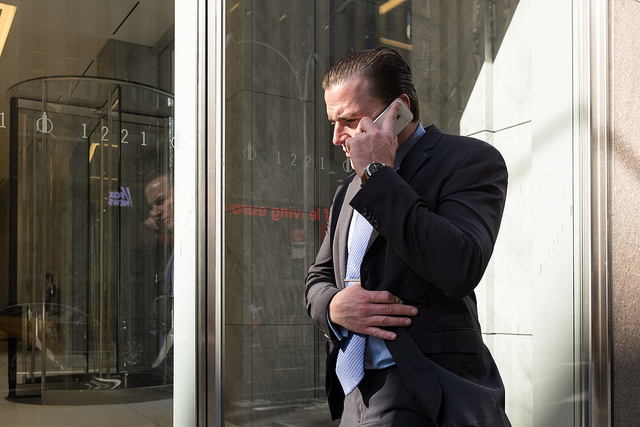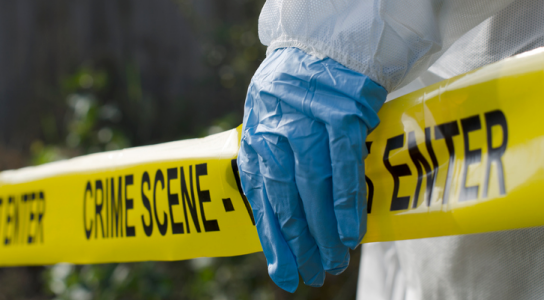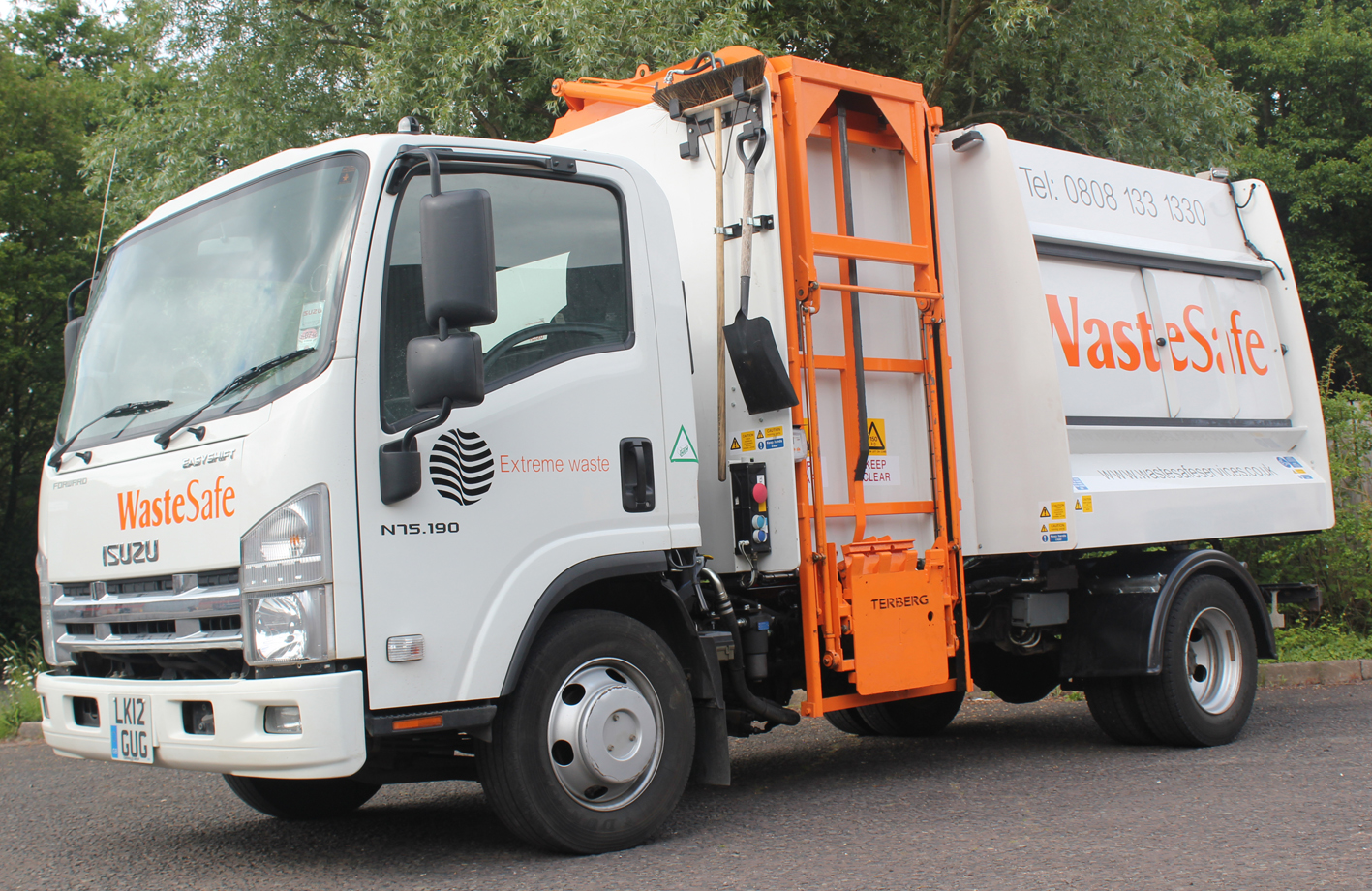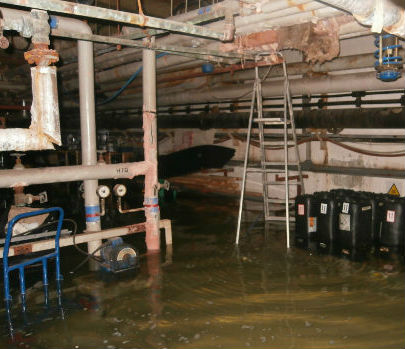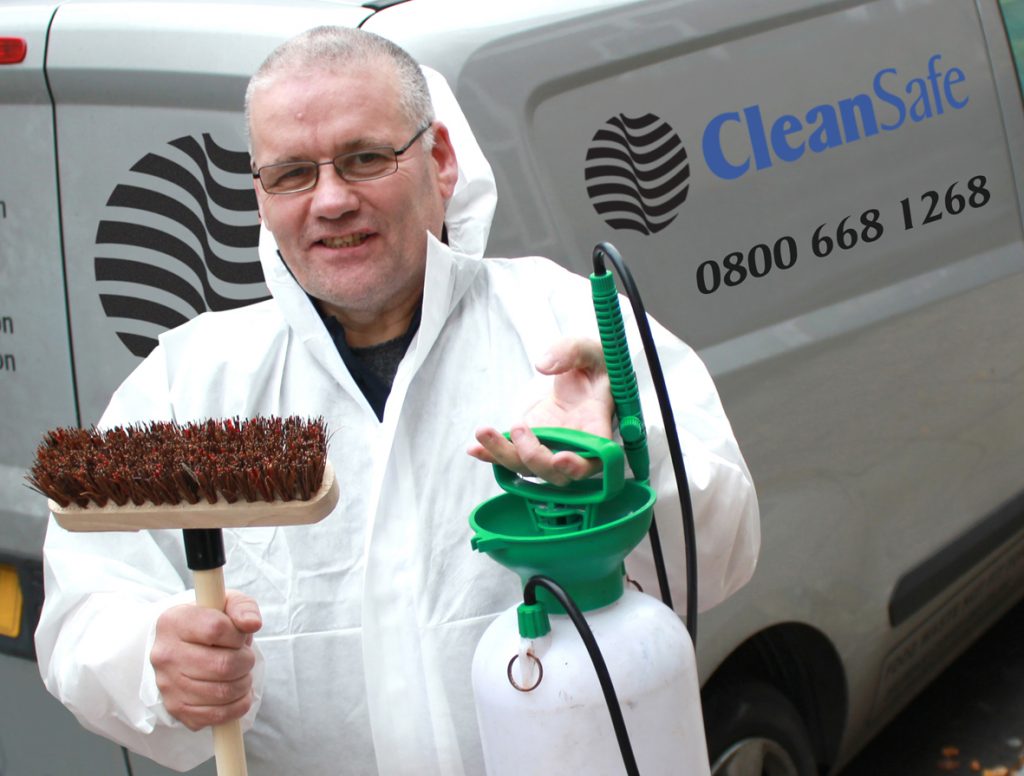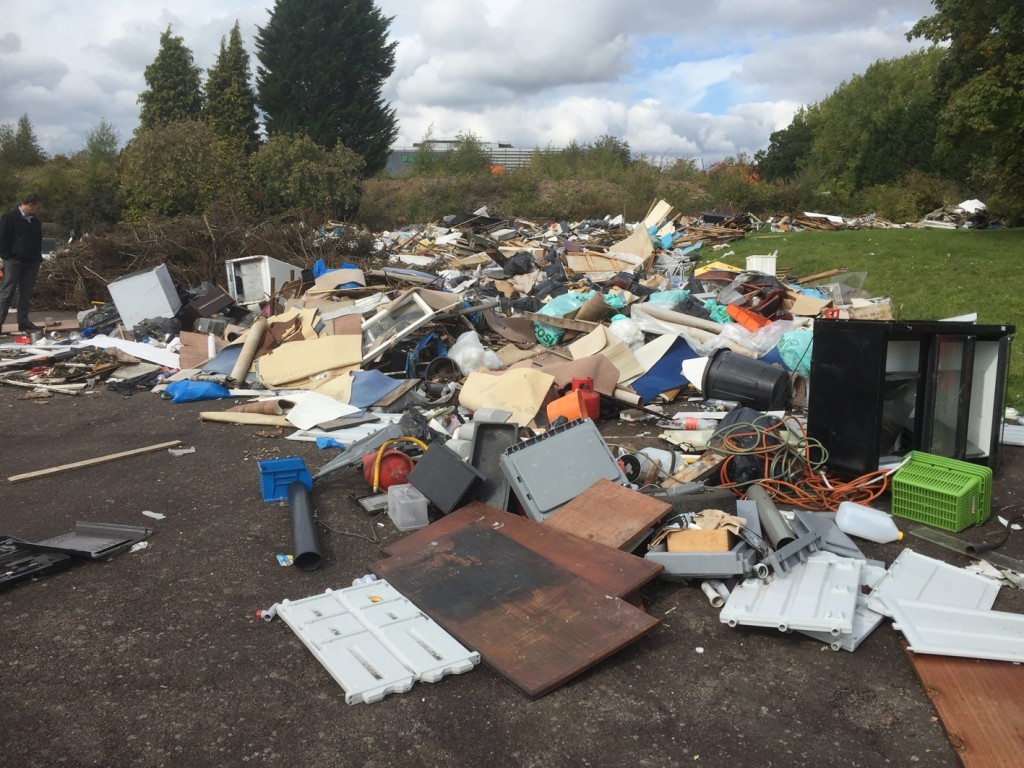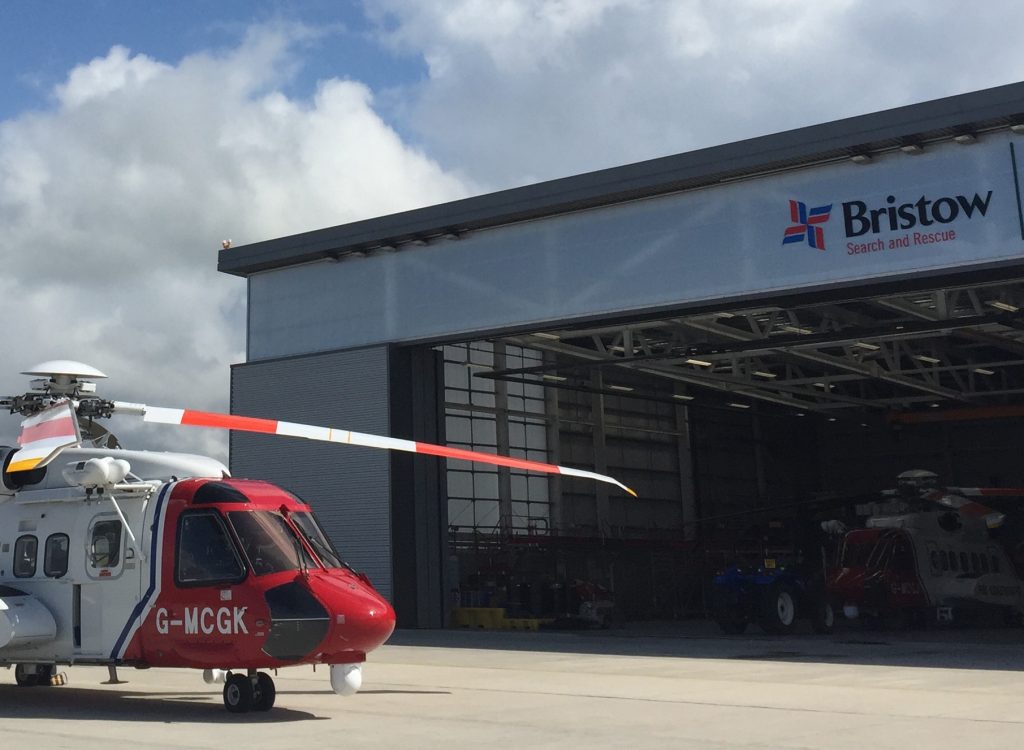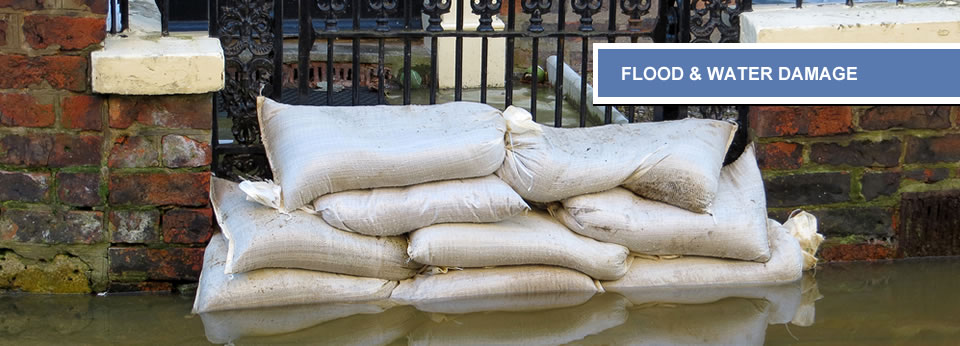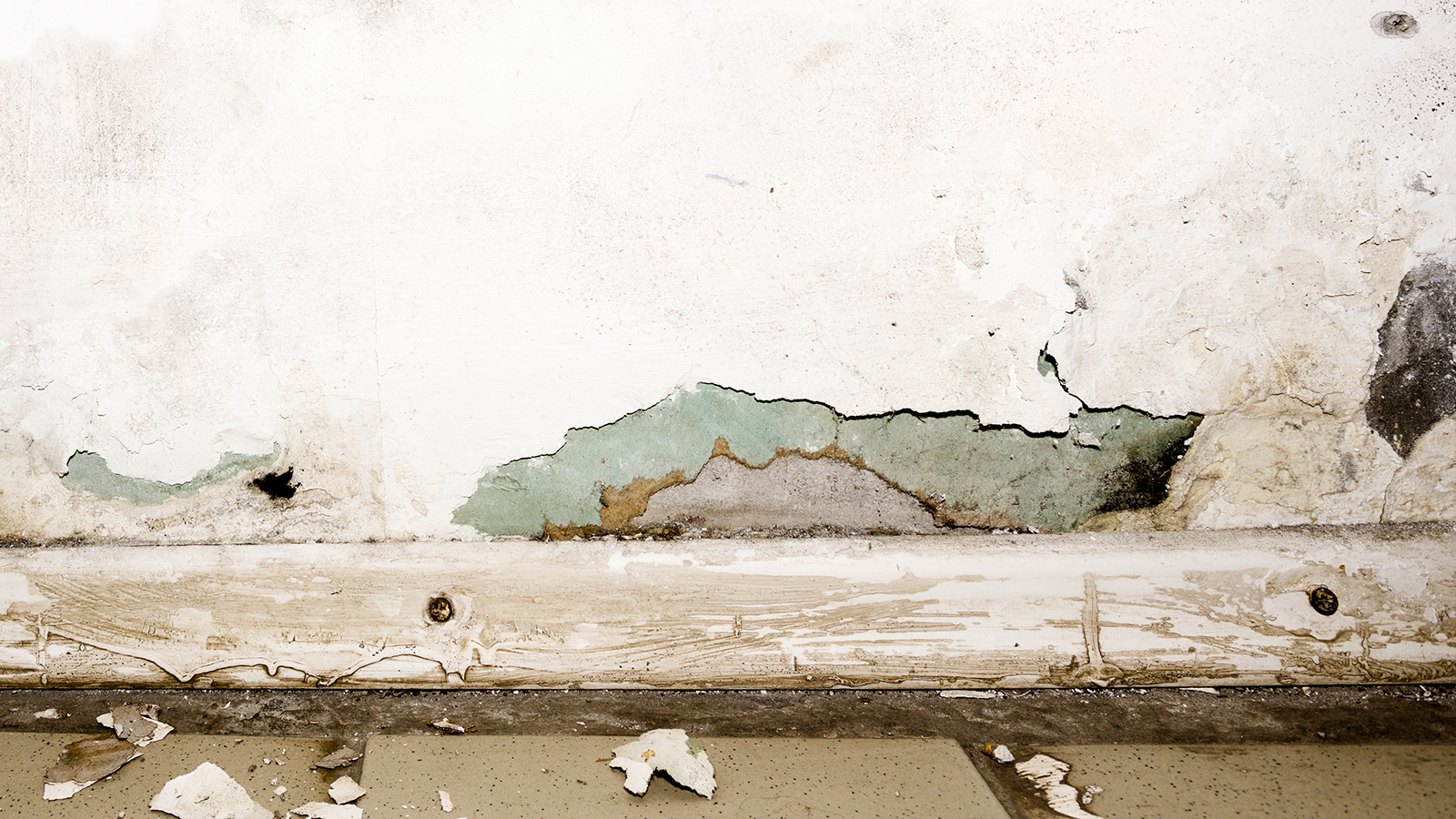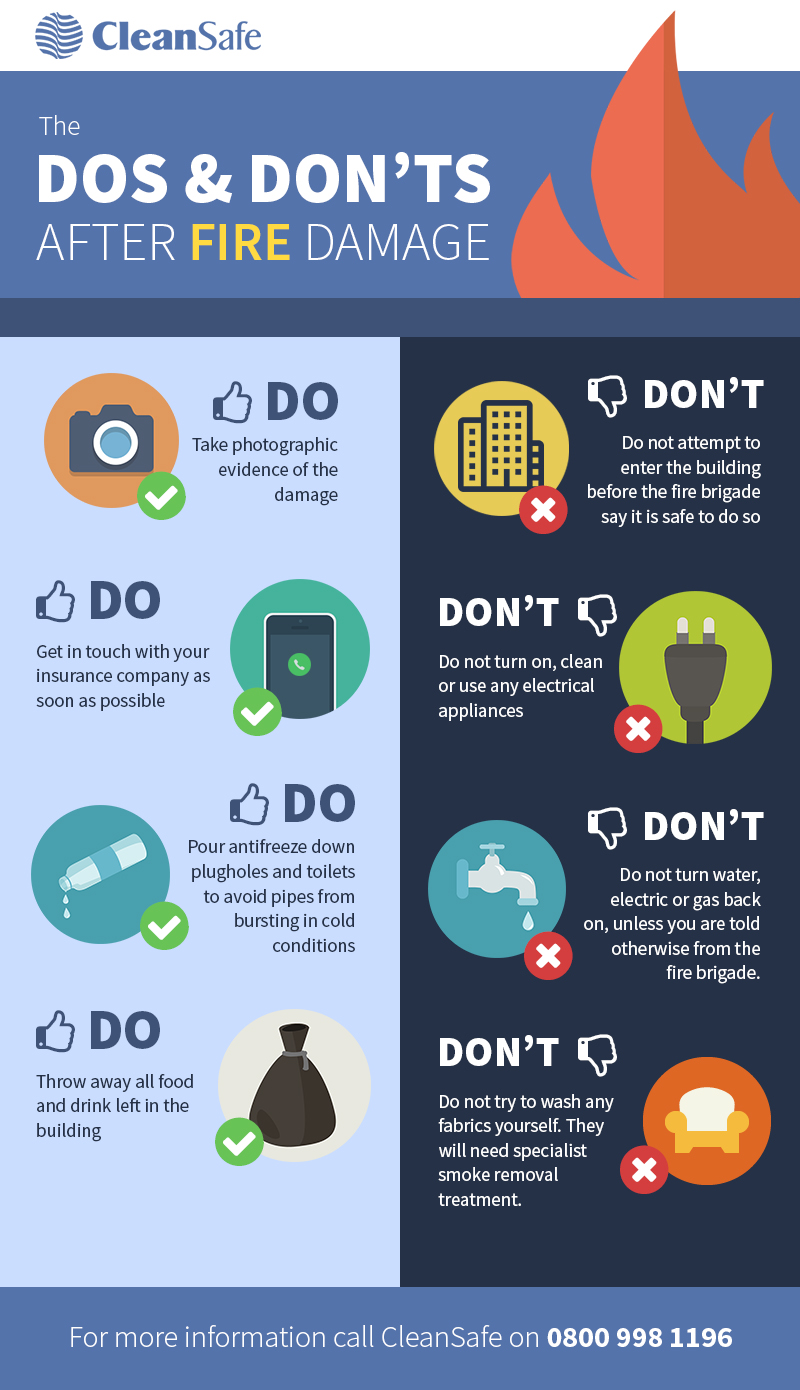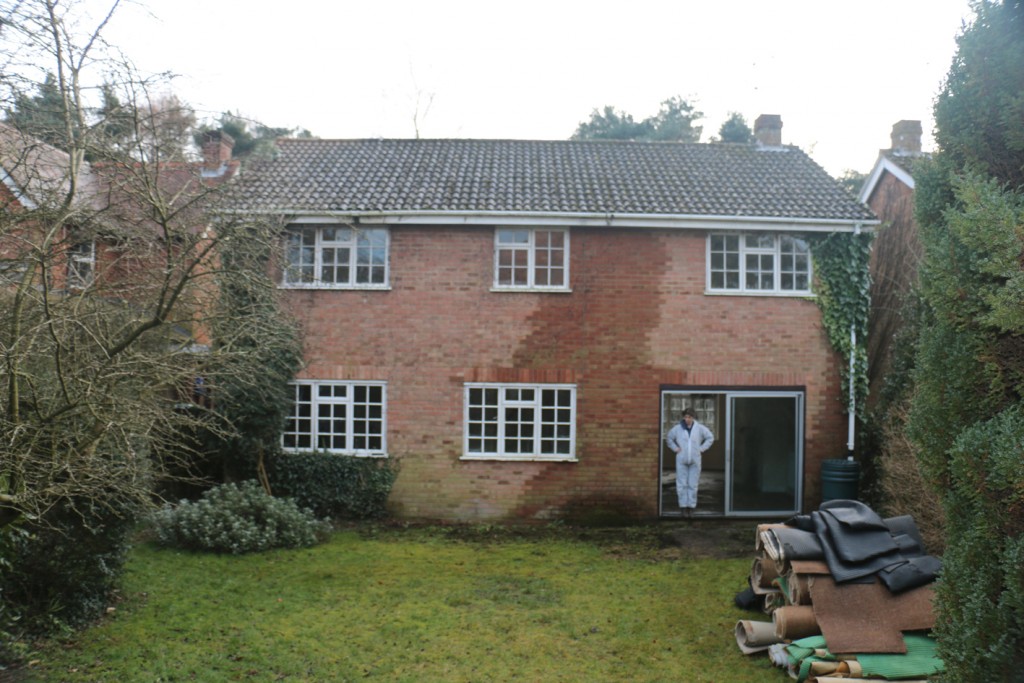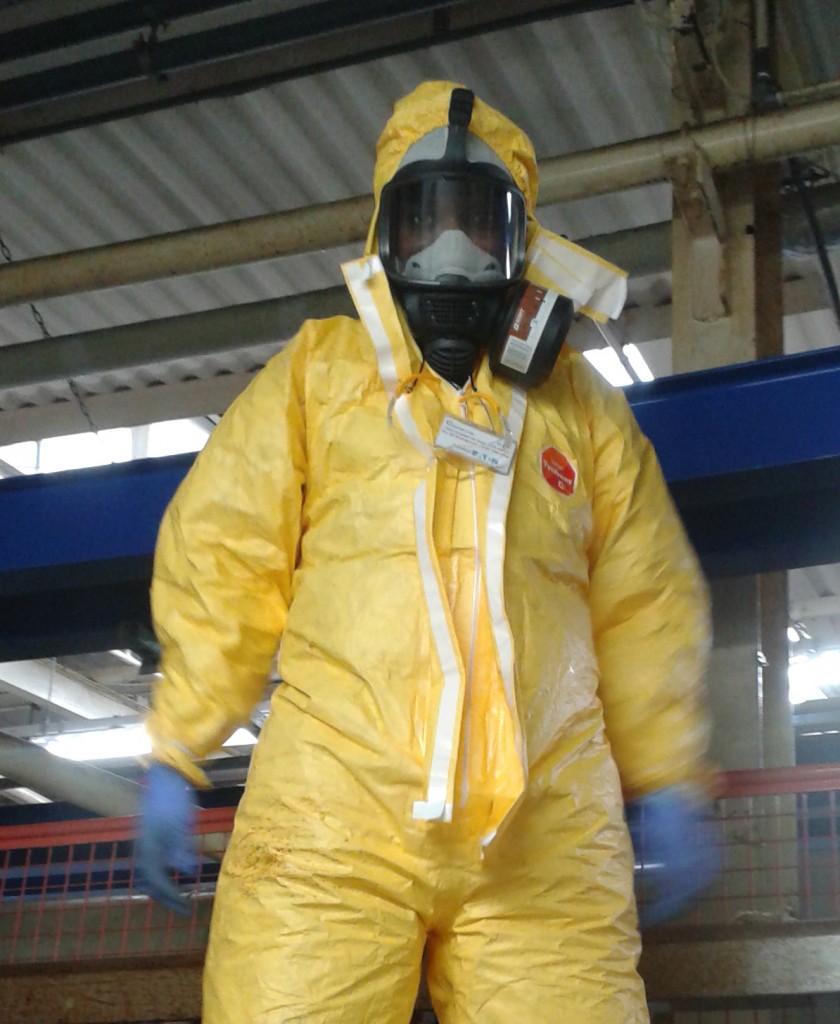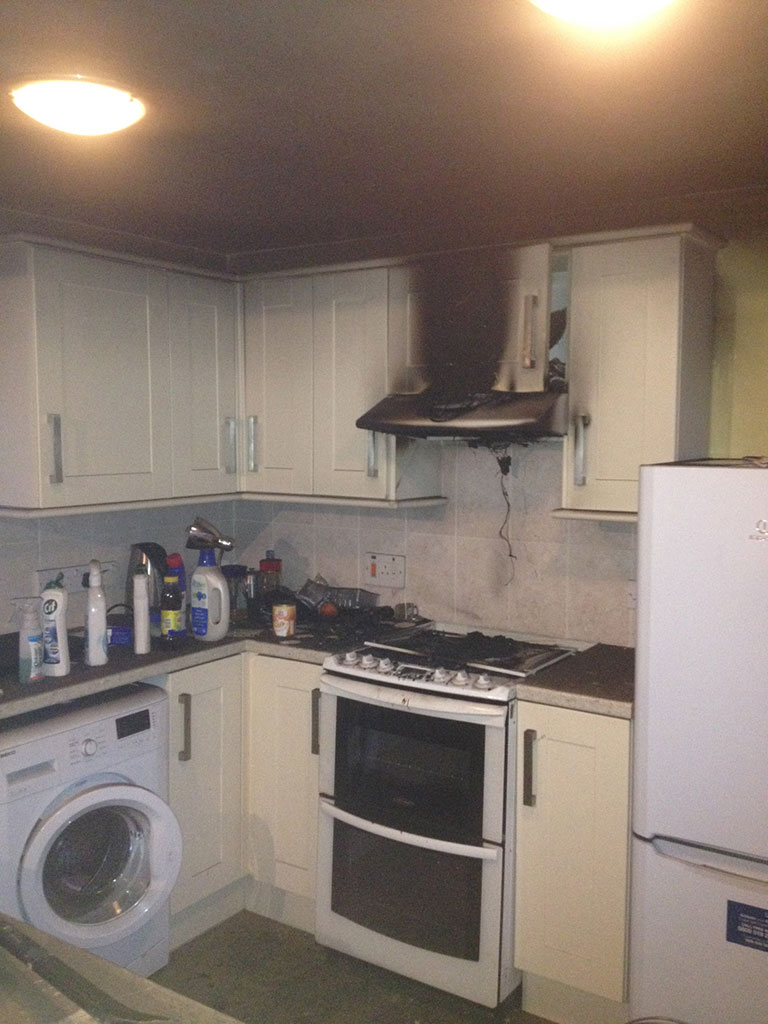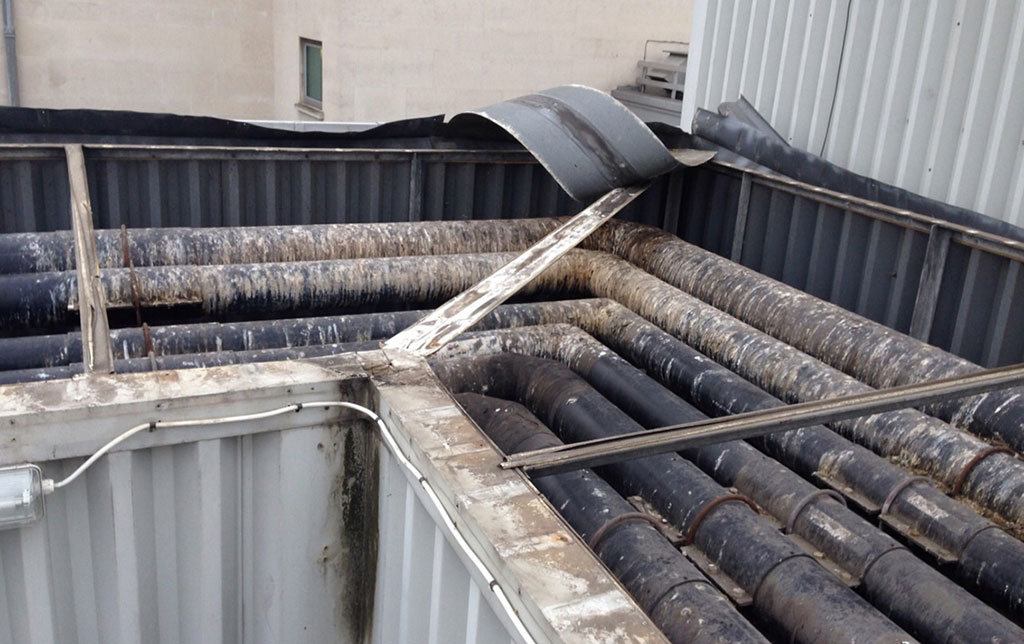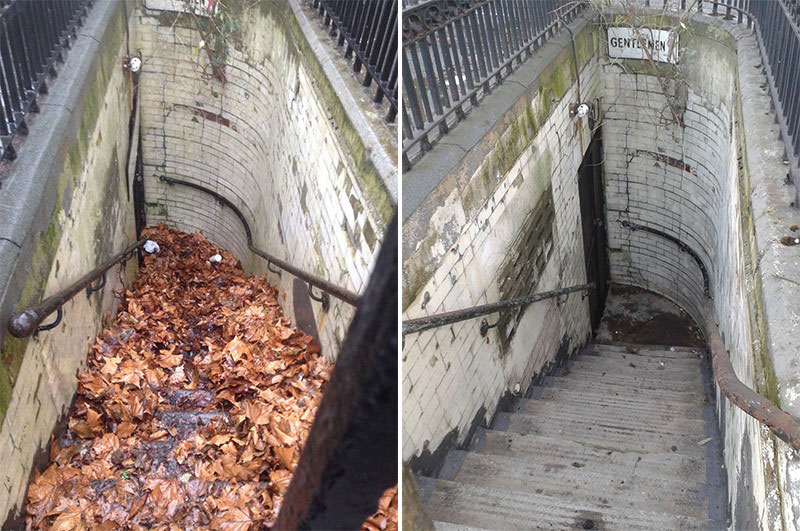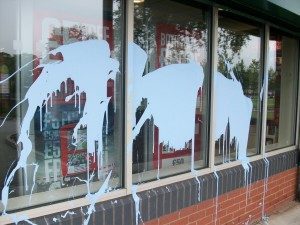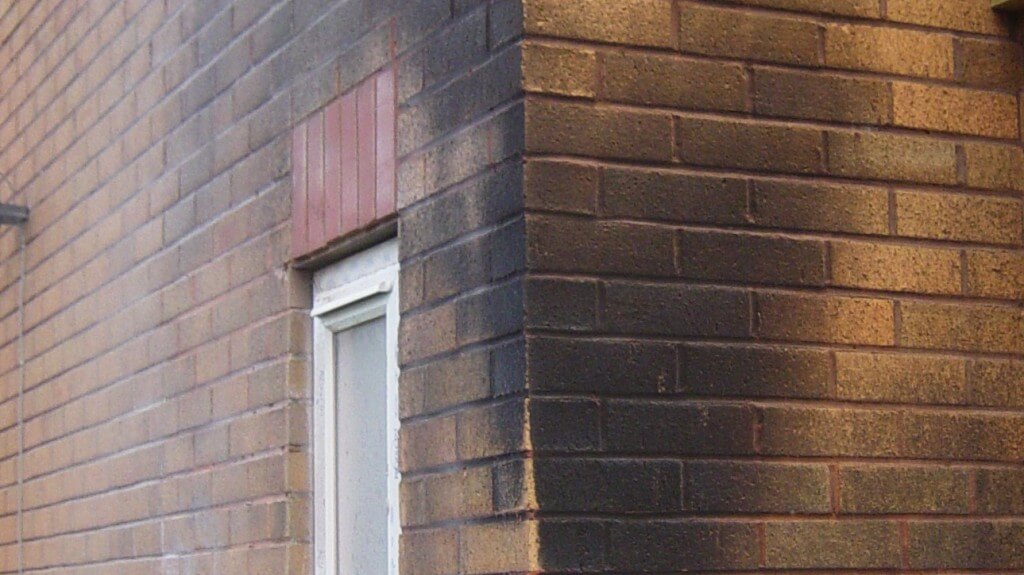We’ve all heard the expression ‘looks like a building site’ when referring to something extremely messy. Teenage bedrooms are often likened to the builder’s domain and with good reason too! We all know how much chaos can occur in both surroundings. Any construction process will involve copious amounts of materials and many employees all working to a tight deadline. For this reason alone, it is no surprise that most building projects create a bit of a mess; full of dirt and excess materials.
It is extremely important for all building projects that all milestones are met on time and project completion is achieved without complications. For this to happen, the construction site must be cleared of all excess materials and the building should be cleaned throughout. This work is best carried out by a specialist cleaning crew with the necessary expertise and training.
Professional Certification
Many large building firms will have their own professional cleaning crew in-house and should therefore provide the necessary training to the relevant people. If your construction company does not possess fully certified members of staff for this type of work, it is essential that you source some professional help. The accreditation required for this work is as follows:
Construction Skills Certification Scheme (CSCS) – Absolutely anyone working on a building site should possess a CSCS card. This accreditation confirms that an individual working in a construction environment has the necessary competence to complete their job. A CITB Health Safety and Environment Test must be completed to gain this certificate. The type of work an individual does will largely determine which type of CSCS card to apply for.
International Powered Access Federation (IPAF) – This certification relates to the field of powered access and the industry of elevating work platforms. The phrase ‘powered access’ is used to describe personal lifting devices that operate via the use of hydraulics and motors. This only applies to machines that lift people and not those that lift goods, such as cranes. Individuals that have completed this training successfully will receive a PAL card (Powered Access License). Many building projects will require cleaning crews to operate powered access machines and therefore it is extremely important they have this training.
Prefabricated Access Suppliers’ and Manufacturers’ Association (PASMA) – An association for the mobile access tower industry, this organisation focusses on the use of mobile access towers (scaffolding). In many cases, a PASMA card is the only form of proof that an individual can be trusted to work at height. Without one of these, in many cases you will not be allowed anywhere near scaffolding on site. The majority of, if not all, construction sites will require cleaning at a high level; so this certificate is also essential.
Make the Job Easier!
A building project is long and stressful enough without having to worry about the cleaning process too. There a number of things that can be done to make the final cleaning process a lot easier at the completion stage. Organising excess materials into relevant categories (such as wood, metal, plastic) will save a lot of time later on; as well as making sure the actual interior of the building is debris-free. Nevertheless, it is highly recommended that you bring in a team of professionals to help with the nook and crannies!
Here at CleanSafe we have a team of highly skilled and professional cleaners that have the necessary qualification needed to carry out your builders clean. If you would like to know more please contact us for more information.

